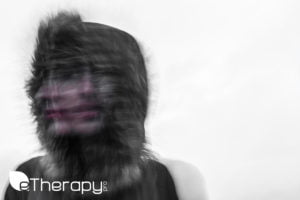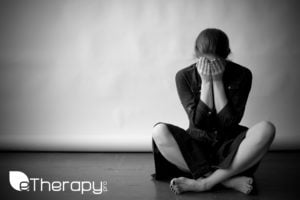Dec 30, 2020
The American Psychological Association (APA) defines anxiety as “an emotion characterized by feelings of tension, worried thoughts and physical changes like increased blood pressure.”
It is important to understand the difference between normally occurring anxiety and a diagnosable anxiety disorder that is disruptive to daily life and requires professional intervention. Everyone experiences anxiety at times throughout their life. It is a normal and biologically helpful response to certain types of stress. Anxiety is not always a bad thing; in some instances it may keep you safe and even alive.
Anxiety distress, or uneasiness of mind caused by fear of danger or misfortune, is a natural response to many of life’s events. For example, while awaiting the results of a serious medical test it is common to feel some anxiety. It is stressful and worrisome not knowing if you have a life-threatening disease. During this time you may have trouble sleeping, or concentrating on work. These responses are to be expected, and do not indicate that you have an anxiety disorder. After the results are in, and the crisis is over, the anxiety dissipates, and life returns to normal.
Similarly, if you experience a fright, like seeing a rattlesnake while hiking, you might momentarily experience some intense feelings of anxiety. Your heart rate might increase and you will find yourself in fight, flight or freeze mode. Those are necessary, and useful responses to the physical threat of a poisonous snake in your path. That instinct is your body’s way of keeping you safe and alive. Once the danger has passed, your heart rate returns to normal, and the fight, flight or freeze response subsides.
The APA describes a patient as having an anxiety disorder when they are,“having recurring intrusive thoughts or concerns” and the level of anxiety they are experiencing is out of proportion with the reality of their surroundings. Physical symptoms may be present, such as nausea, increased heart rate, or excessive sweating. Persons with an anxiety disorder often find their daily life disrupted by powerful physical and emotional symptoms. They often miss work or school, have trouble sleeping, find concentration difficult, all without a clearly definable stressor of a magnitude equal to their response.










